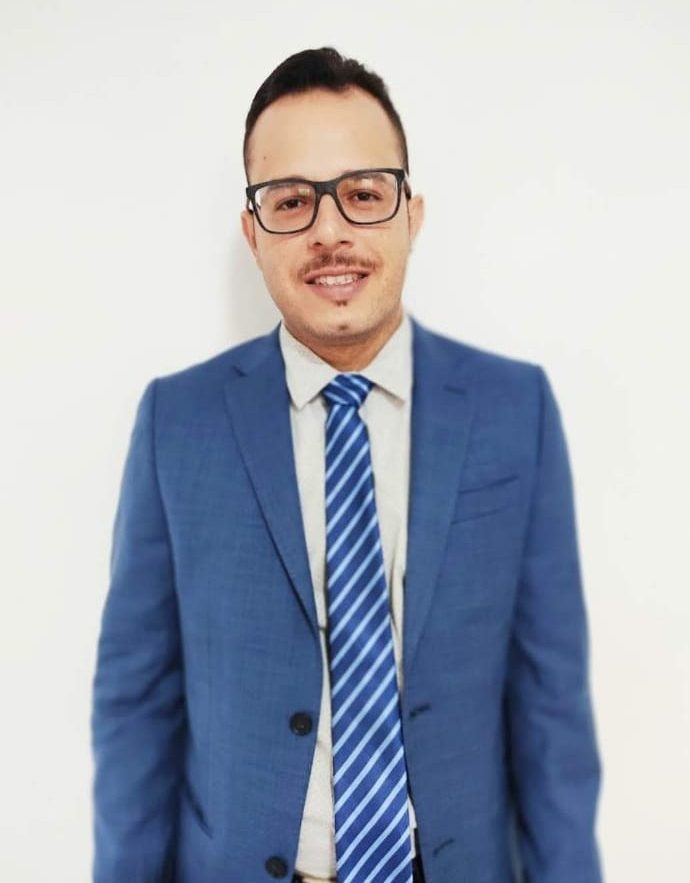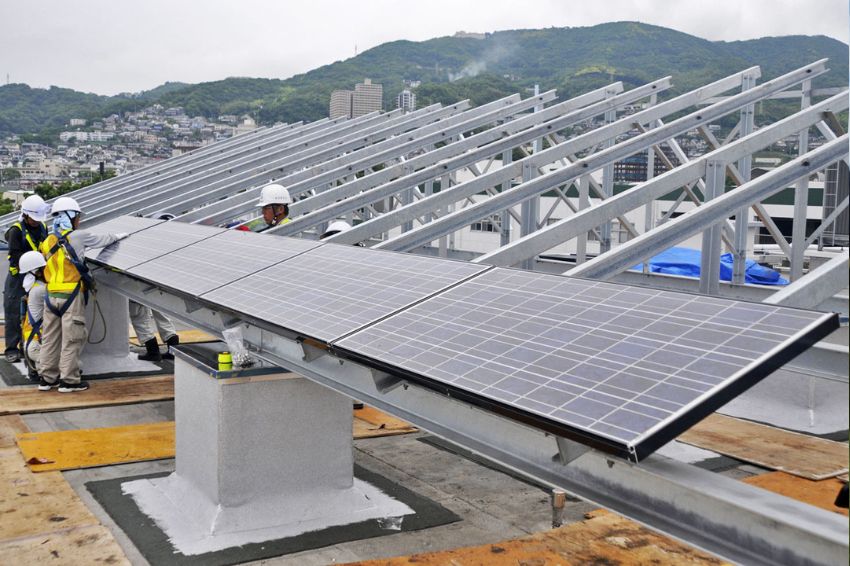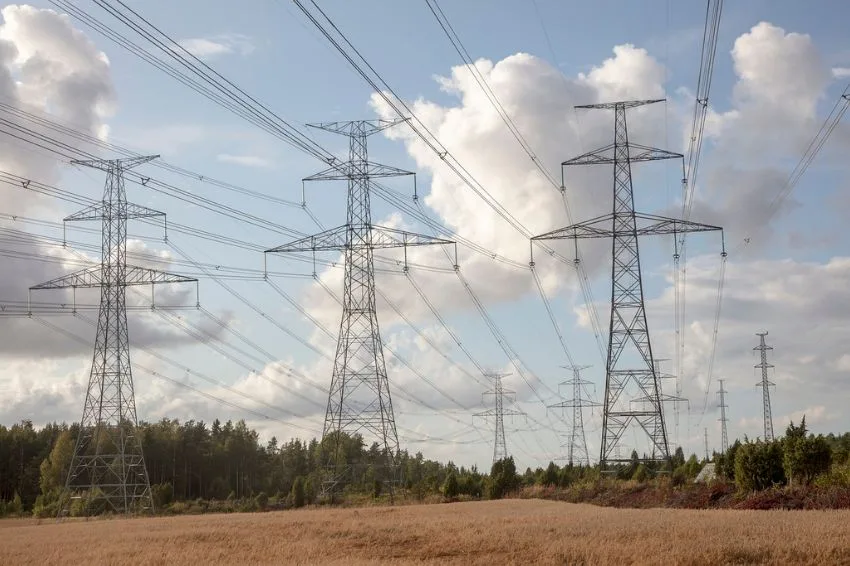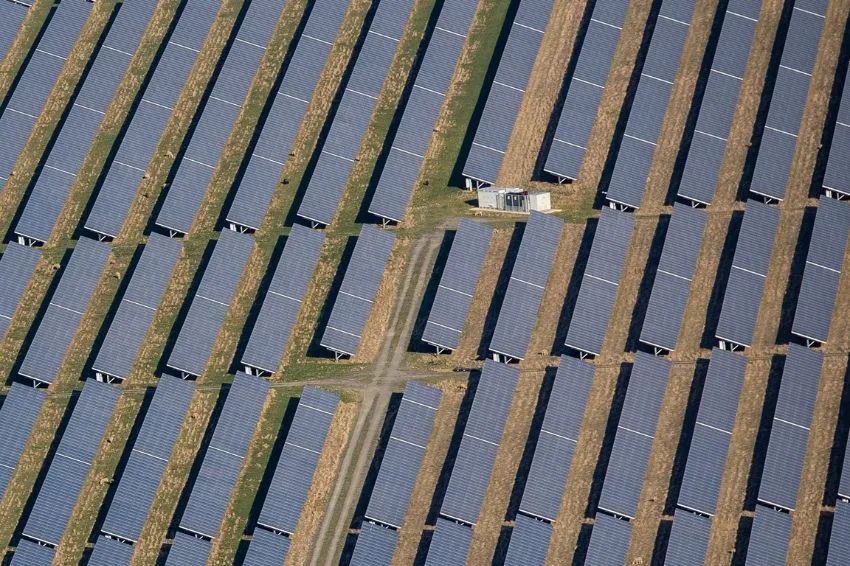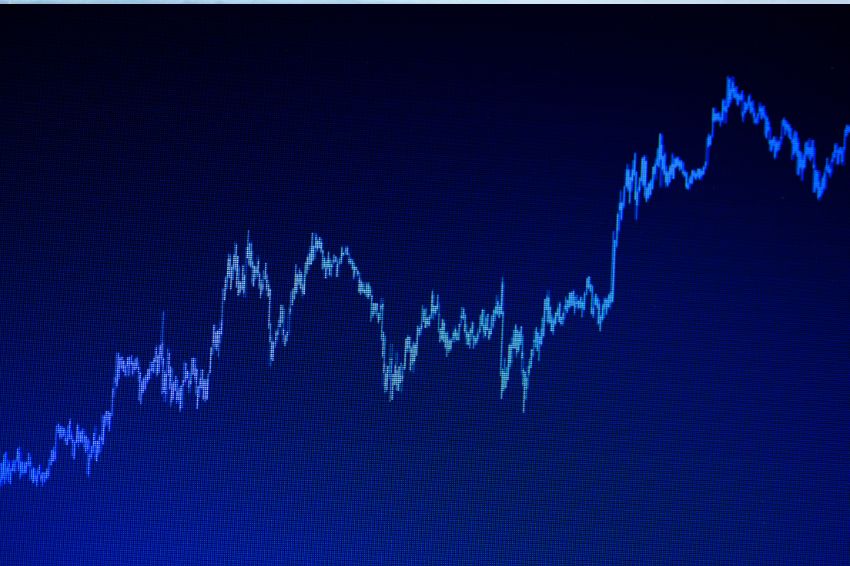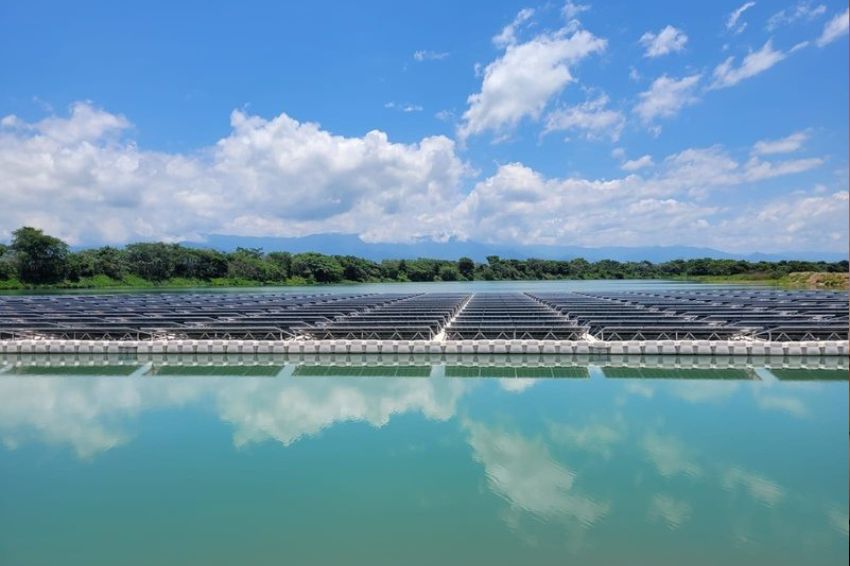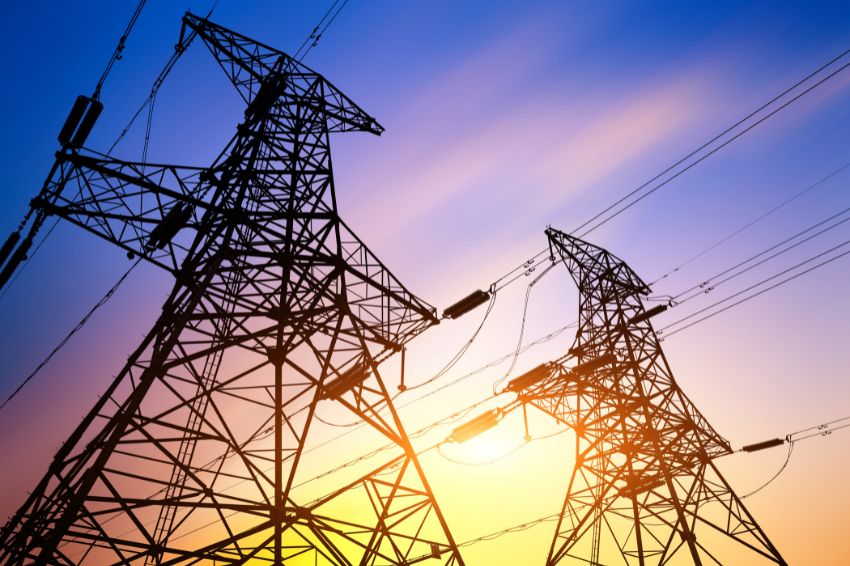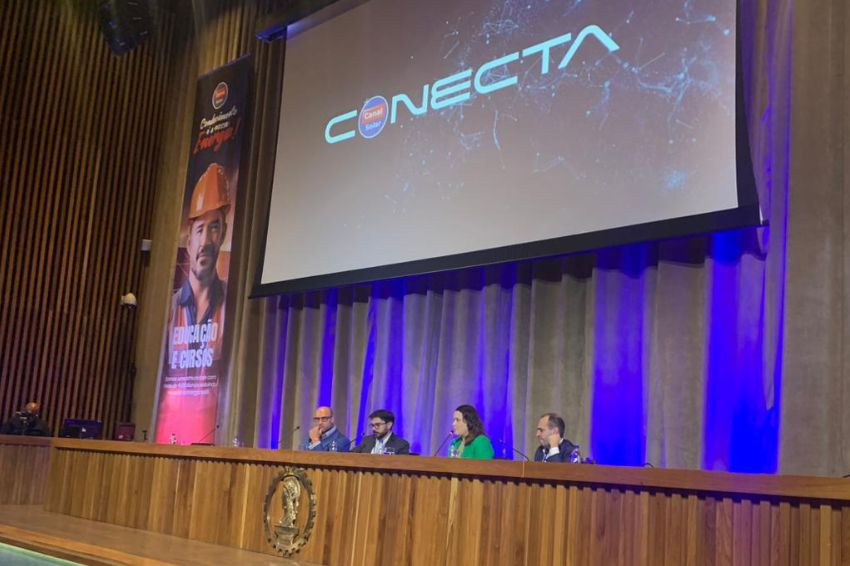O São Paulo Metro published a notice for receiving proposals so that the transport company can become self-generator of electrical energy. The idea is that 20% to 40% of demand will be supplied by renewable sources.
Currently, the four lines 63 stations consume an average of 50 MW of energy, which is purchased on the free market. The Metro intends to have 10 MW of energy initially and later 20 MW, representing a share of around 40% of consumption.
The company's objective is reduce electricity costs and also make your operation more sustainable. Those interested in participating should send your proposals by email [email protected].

It is not yet clear how Metrô and the future contractor will work together as a common tender is not expected. The partnership is expected to last 15 years, but with the possibility of extension. The company that signs the contract will be able to negotiate the surplus energy generated as long as this does not harm the supply to the Metro.
In 2020, Metrô had already gone to the private market in search of information about the idea of generating its own electricity. At the time, the company intended to generate at least 120 MW per month, that is, six times more than in the current public call.
No fewer than 14 companies and consortia submitted expressions of interest in the project, of which the winner would receive almost R$ 4 million for the study.
Among the requirements of the new notice are:
- Lower energy price for the Metro under the self-production regime;
- Greater final savings for Metro compared to price projections for the acquisition of conventional energy in the Free Contracting Environment through long-term bilateral contracts;
- Greater tax efficiency for the Metro due to the self-production structure;
- Security of meeting the required volume (10 average MW in the first phase and 20 average MW thereafter);
- Lower risks for the Metro, notably regulatory risks, fiscal risks and the framing of the proposed structure in the self-production regime;
- Experience and history in energy generation projects of the proponent and/or its economic group;
- History of partnerships of the proponent and/or its economic group;
- Financial capacity of the proponent and/or its economic group to ensure the implementation of the project and honor its contractual commitments.
The proposals will be valid for 120 days, but the company has not published the project schedule on its website.

